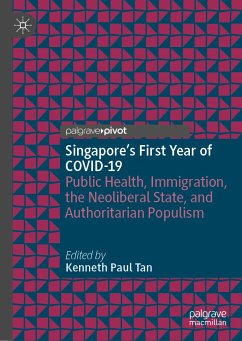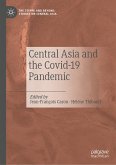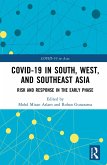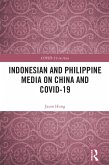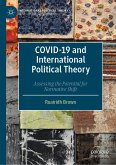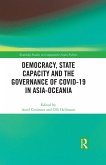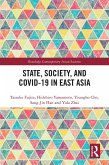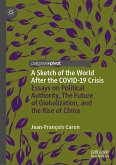The book focuses specifically on the interconnections among Singapore's political economy, public health policies, immigration policies, and the elite and pragmatic system of state authoritarianism that, especially since the 1980s, has been at the heart of managing the tensions and contradictions of a nation-state that is also a global city, an important node in a network of goods, services, investments, wealth, people, ideas, and images, all moving rapidly. The chapters critically employ topics and concepts such as neoliberal globalization, authoritarian populism, moral panic, social stigmatization, heterotopia, spatial segregation, and others to make sense of a thoroughly complex situation.
Kenneth Paul TAN is a tenured Professor of Politics, Film, and Cultural Studies at Hong Kong Baptist University, which hired him under its Talent100 initiative in February 2021. His books include Singapore: Identity, Brand, Power (Cambridge University Press, 2018), Governing Global-City Singapore: Legacies and Futures After Lee Kuan Yew (Routledge, 2017), and Cinema and Television in Singapore: Resistance in One Dimension (Brill, 2008).
Dieser Download kann aus rechtlichen Gründen nur mit Rechnungsadresse in A, B, BG, CY, CZ, D, DK, EW, E, FIN, F, GR, HR, H, IRL, I, LT, L, LR, M, NL, PL, P, R, S, SLO, SK ausgeliefert werden.

